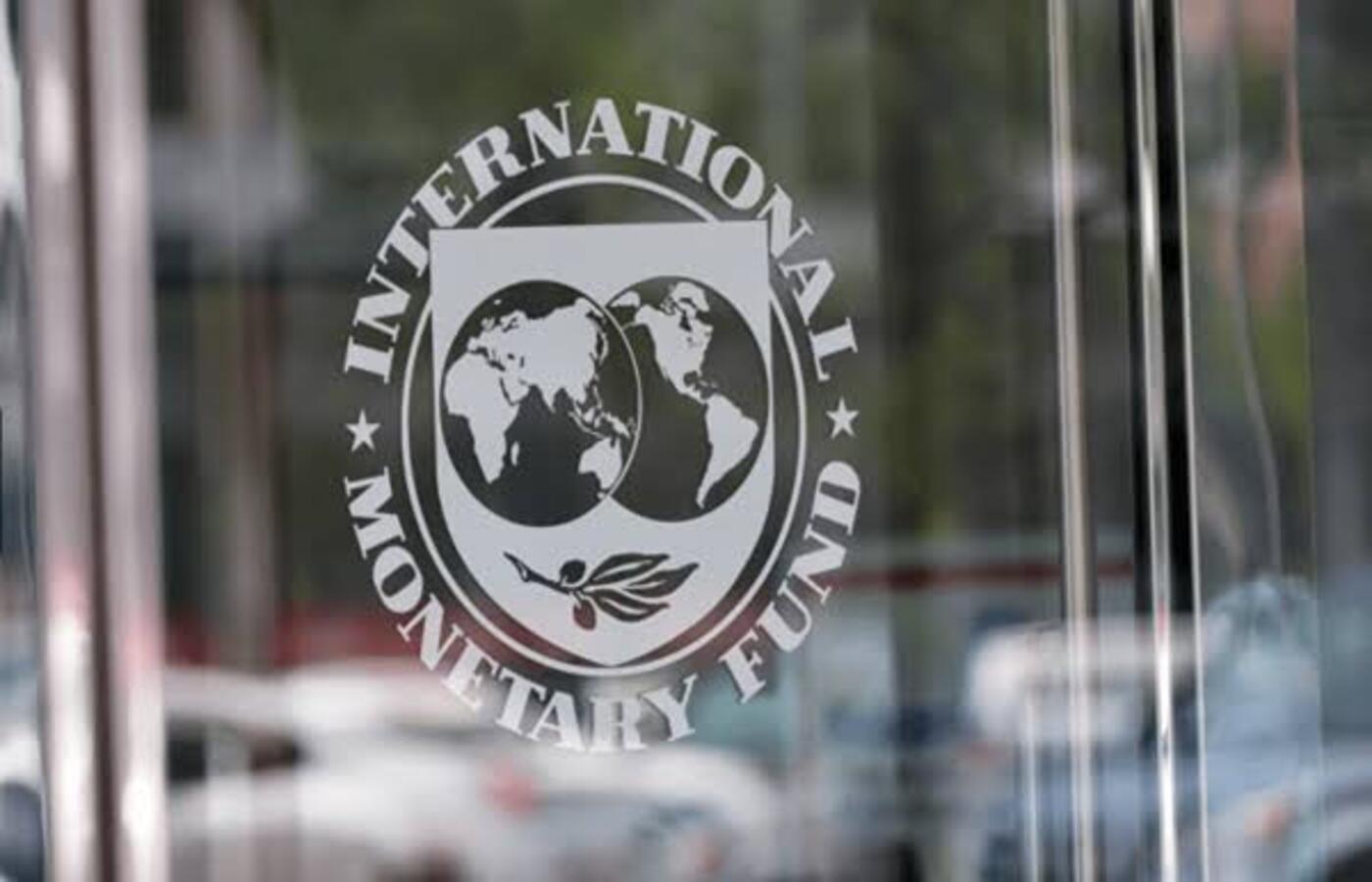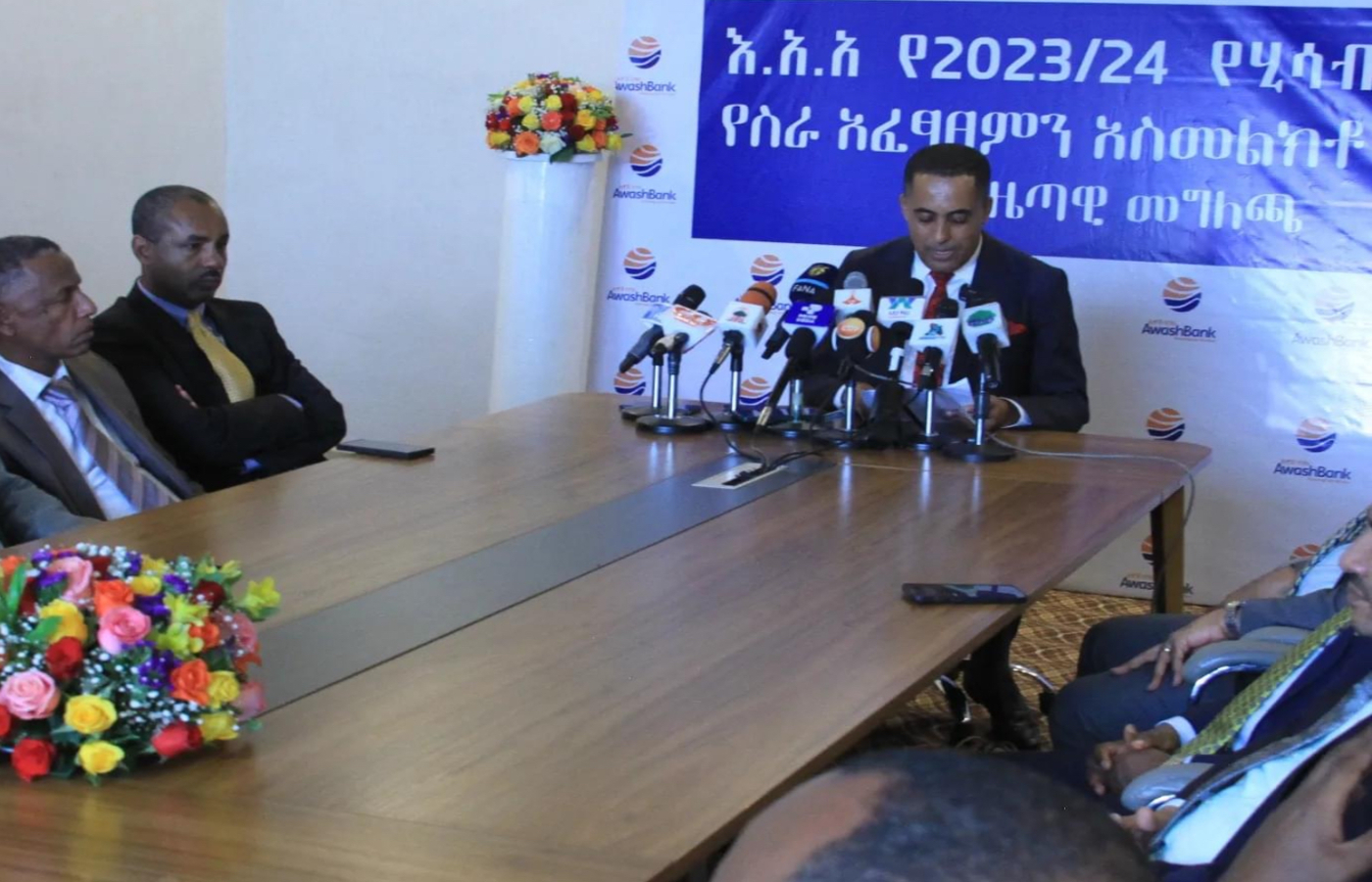Ethiopia's Minister of Mines, Habtamu Tegegn, declares lithium as the next fuel, signaling a top priority for the nation's mining sector.
With investor interest soaring, Ethiopia aims to seize the potential of this vital component in the global market, according to him.
Minister Habtamu's remarks come as numerous investors express a keen interest in engaging in lithium mining within the country, signalling a growing recognition of lithium's value in the global energy landscape.
During his presentation, the Minister highlighted the potential of lithium as a game-changer, not only for Ethiopia's energy sector but also for its overall economic development.
With lithium gaining prominence as a vital component in renewable energy storage and electric vehicle batteries, the global demand for this mineral has surged in recent years.
In 2021, global lithium production reached a staggering 540,000 metric tons. However, this figure pales in comparison to the projected demand for the future. According to the World Economic Forum, by 2030, global demand for lithium is expected to skyrocket to over 3 million metric tons.
Minister Habtamu acknowledged the mounting interest from investors seeking to participate in Ethiopia's lithium mining industry, recognizing the potential economic benefits that could be derived from such partnerships.
However, he also raised a crucial question that needs to be addressed: the exportation of lithium in its raw, unprocessed form or after value-added processing. This question opens a crucial discussion about the most effective strategies for maximizing the value of Ethiopia's lithium resources.
As Ethiopia contemplates its approach to lithium mining and exportation, the country faces a pressing challenge: ensuring the successful execution of ongoing projects. One such project is the Kenticha Mining operation located in Oromia.
The joint venture, involving Abyssinia Mining and Energy (AME) and Oromia Mining Share Company, has the potential to generate annual revenues of at least 300 million dollars, according to Habtamu. However, the project has encountered obstacles due to a dispute between the two shareholders, as explained by the Minister.
AME currently possesses a controlling 51 percent stake in Kenticha, with Oromia Mining SC holding the remaining 49 percent.
Unfortunately, the project has not progressed as anticipated, primarily due to a financial dispute between the shareholders. Oromia Mining, as the rightful stakeholder, has terminated the partnership, citing AME's failure to honor a substantial financial commitment of USD 38.1 million.
In response to the ongoing dispute, Minister Habtamu assured lawmakers that discussions were underway to find a resolution and determine the future course of action for the Kenticha Mining project.





